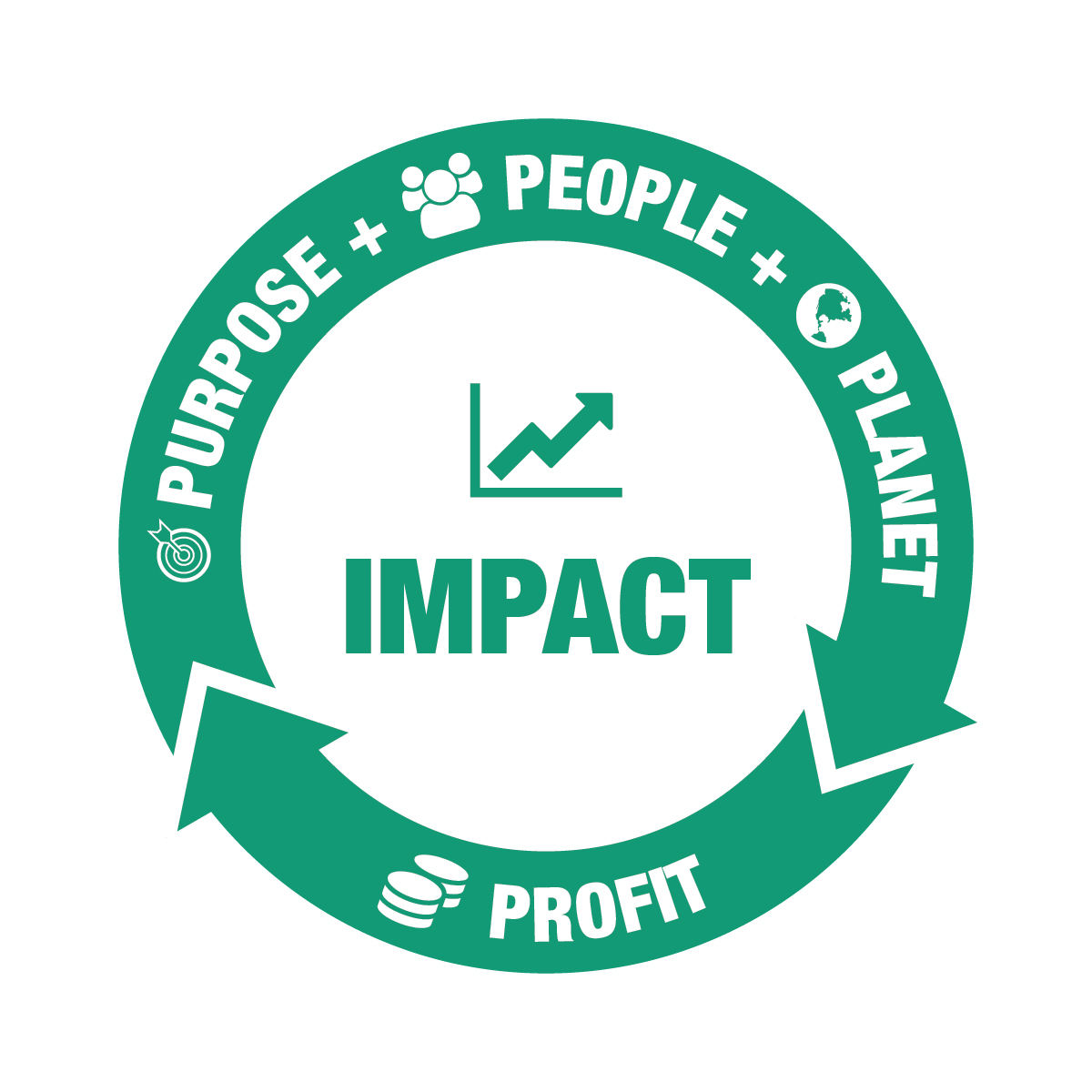
Would you give your business away?
Well, Julian Richer just did. Let’s look at that story today.
This week, on the same day that the Institute of Fiscal Studies announced their major new study on inequalities, the IFS Deaton Review, Julian Richer announced he is handing over control of is business, Richer Sounds, into employee ownership in an extensive article in The Guardian.
New models for leadership – and business ownership
As my home page says front and centre, I am passionate about finding new models for leadership: “..that embraces change as constant, encourages individual thought, relies on intuition more than data, fluidity more than hierarchy, trust more than fear, and the common good more than profit.”
I also developed the “new triple bottom line” model of Purpose, People and Planet, with a key to that being that a business must make a Profit so it can have Scalable Impact.

Happiness as a source for business success
The Guardian article notes about Richer: “His business philosophy set out in his 2001 management book The Richer Way, champions providing secure, well-paid jobs with a happy workforce as being key to business success over the long term.”
In early 2018 I wrote an article about The John Lewis partnership (also featured in the article about Julian Richer), called “Smashing Paradigms – Happy Business“. The Purpose of John Lewis as a business is “the happiness of those who work in it”.
As an employee-owned business, they can run their business differently, focussing on the happiness of their partners (they aren’t “Staff” or “Employees”), making longer-term investments and yes, making profits to grown and scale their impact over time.
I won’t repeat more of that post I wrote, nor extensively quote the article in The Guardian, I simply encourage you to consider that there are alternative ways to look at businesses than simply (what tends to happen in the current paradigms of our world) running them for short term profit maximisation for shareholders alone.
Giving away your business
As to income inequality, sometimes it seems that those how have gained wealth through business feel that they need to keep playing the “game” of amassing more and more wealth.
Well, Julian Richer does not.
Yes, he will be paid part of the value of the business, yet a) a lot less than the full market value, and b) again as The Guardian notes, he puts his own money into initiatives designed to support and change society.
As with the “righteous flywheel” diagramme I developed above, he will then be using his own profits to create Scalable Impact in other ways (again, more in The Guardian article).
So…
Would you give your business away?
